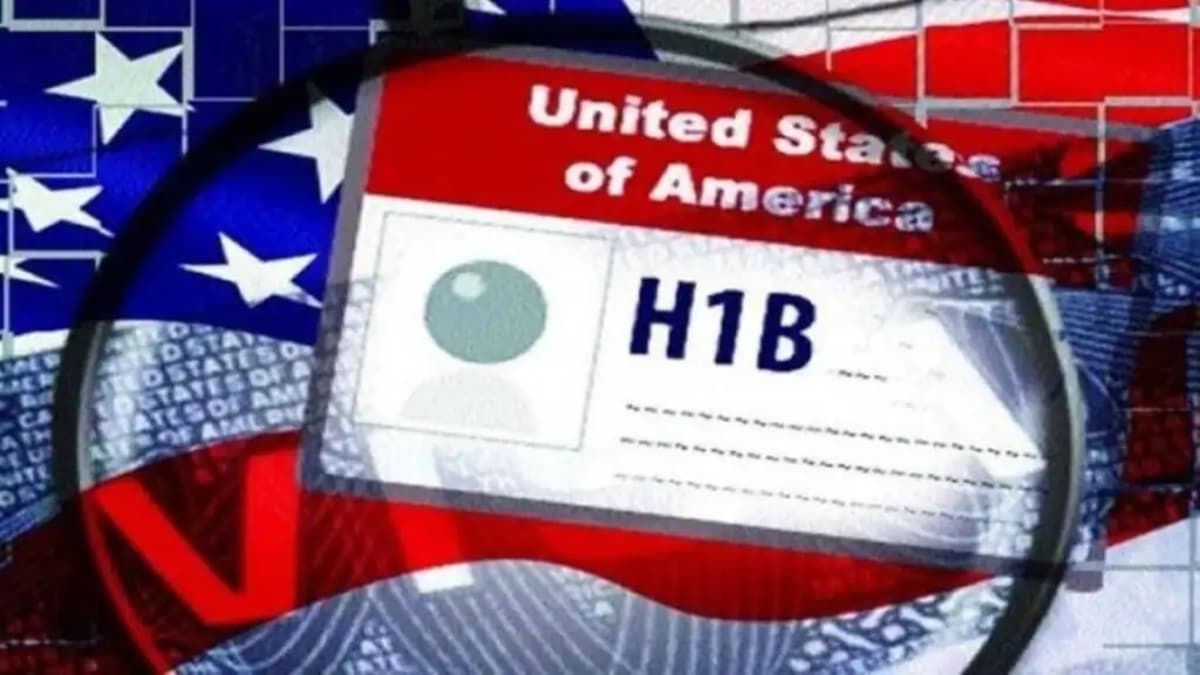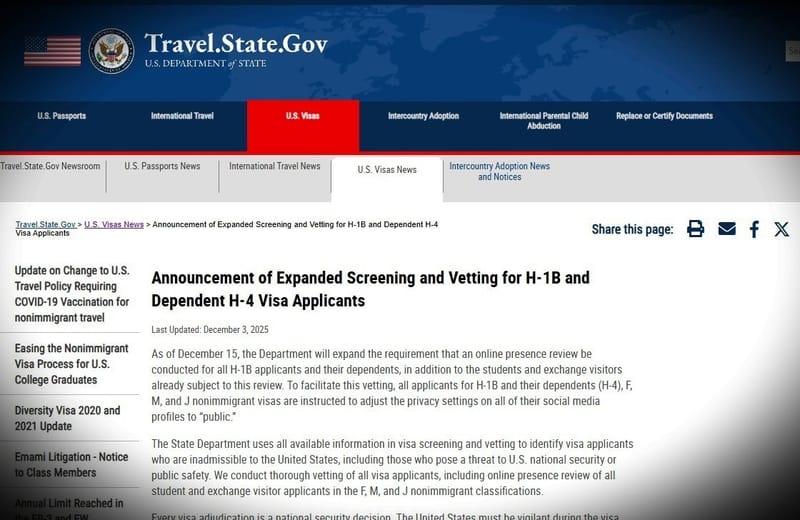Study Reveals H-1B Visa Holders, Indian Immigrants Boost U.S. Economy, Reduce National Debt
This study provides critical data underscoring the significant, multi-trillion-dollar economic value that skilled immigrants, especially H-1B visa holders, bring to the U.S. economy and national fiscal health.
Article Summary
A Manhattan Institute study by Daniel Di Martino indicates that skilled immigrants, particularly H-1B visa holders from India, significantly contribute to the U.S. economy. The report states that each Indian immigrant reduces the national debt by over $1.7 million over 30 years and positively impacts GDP. Furthermore, the study warns that eliminating the H-1B program could lead to trillions in increased national debt and reduced economic output, while changes to per-country green card limits could also have negative economic consequences.
[ Sentiment: neutral | Tone: factual ]
This summary and analysis were generated by TheNewsPublisher's editorial AI. This content is for informational purposes only; it does not constitute legal or immigration advice.
TNP AI: Key Insights
This analysis directly counters common narratives that skilled immigration is a drain on resources, providing concrete figures on how H-1B visa holders and other skilled immigrants contribute significantly to reducing the national debt and boosting GDP. For employers, this reinforces the economic rationale for advocating for robust skilled immigration pathways and highlights the tangible benefits of hiring international talent.
The report's findings on the potential economic damage from H-1B program restrictions or changes to per-country green card limits offer a crucial perspective for ongoing policy debates. Historically, discussions around H-1B fees and caps often overlook these broader fiscal contributions, making this study a key piece of evidence for policymakers and industry leaders navigating immigration reform.





